Mandatory cashless gambling card with harm reduction measures
Together, we can act to prevent and reduce gambling harm
Together, we can act to prevent and reduce gambling harm
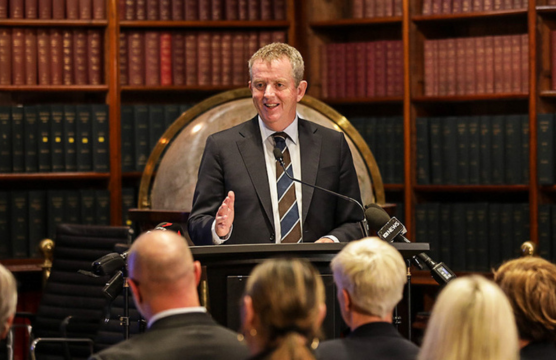
NSW is home to just under half of Australia’s 200,000 poker machines. They are profitable, accessible and deeply harmful. Dotted in pubs and clubs across the state – they are dangerous and designed to addict. In no other place on earth is gambling so ubiquitous. But it doesn’t have to be this way. Together, we can act to prevent and reduce gambling harm.
Wesley Mission and a broad-based coalition of concerned supporters are campaigning on five key reform measures, based on our analysis of the current political landscape.
NSW has been rocked by the uncovering of one of its dirtiest secrets: poker machines across the state are used by organised criminals to launder money.
This is the moment when gambling reformers and law enforcement agencies can work together to use one initiative to address two major problems. Removing the ability to put cash into poker machines will stop money laundering in its tracks. To do that requires every poker machine in the state to be modified to only accept a card or a digital wallet as the payment. Those payment systems must be linked to bank accounts or debit cards, which themselves are linked to a proven identity. This puts the power to manage gambling time and spending back into the hands of customers. A card or digital wallet can require people to set sensible loss limits – with the default being the Tasmanian Government model of $100 a day, $500 a week, $5,000 a year. People could choose to set their limit at $0 if they want.
People can also set their time limits so that machines will stop working after a set time, and the person cannot just move to the next machine. If they are still within their limit but need to top up funds, the card/wallet cannot be used for 30 minutes so as to encourage people to take a break. Improved activity statements can be generated, and winnings quarantined. If someone has self-excluded, their card or wallet will not work.
We’re calling for NSW to follow and improve on the Tasmanian Government’s introduction of universal cashless and harm reduction payment systems for gambling.
On the one hand, in late 2024 we were disappointed that the Tasmanian government appears to be walking away from this reform. On the other hand, a pre-implementation trial of technical solutions has been undertaken in NSW in 2024, and the Executive Committee of the Independent Panel on Gambling Reform has recommended that mandatory carded gambling be introduced in NSW. There are still important details to be finalised – Wesley Mission sat on that Panel and our views are in the dissenting report.
The evidence is clear, gambling after midnight is a significant risk factor for harm. As far back as 2010, the Productivity Commission recommended the earlier closure of suburban poker machine venues in recognition of the increased risk of harm during late-night gambling. Successive reports, including the NSW Government’s own research, demonstrate that people already significantly harmed are over-represented in pubs and clubs after midnight.
There is no reason for suburban pubs and clubs to continue operating poker machines in the early hours of the morning, when we know people are at their most vulnerable. It is abundantly clear that a simple measure can prevent and minimise harm from late-night gambling. It is also clear that most NSW residents support this measure.
The system of self-exclusion is fundamentally broken in NSW. Self-exclusion is a valuable tool to empower people to take control of their gambling. While every venue in the state is required to offer self-exclusion, they are under no legal obligation to honour or enforce such requests and are not penalised in any way if a self-excluded person gambles at their venue. The current patchwork system is ineffective at providing support to the people who need it most. A range of hurdles, from limits on the number of venues from which a person can self-exclude to a cumbersome application process, renders the current system deeply flawed.4 People who are experiencing gambling harm must be supported with effective tools to take control of their gambling, and venues must be supported to uphold their community obligations. The solution is to adopt a single, state-wide system akin to the federal online wagering model.
We’re calling for the establishment of a single, state-wide self-exclusion register funded by gambling taxation revenue, managed independently from the gambling industry, and overseen by an appropriate independent statutory body.
We’re close to a win on this reform - the government has announced a state-wide exclusion register, to be overseen by a government agency. We are still to be assured that the operator will be independent of the gambling industry. Our preference for funding has now changed based on the funding model of the online-line gambling exclusion register, BetStop, paid for by a special levy on online wagering service providers.
Sources
Councils are the level of government closest to people’s daily lives. They are the principal planning authority, deciding on the mix and nature of businesses that best suit their community. However, an unusual exemption exists within the Gaming Machine Act that allows poker machines to be excluded from the standard planning system. There is no other planning carve-out of this kind. Unlike their Victorian counterparts, NSW Councils are not automatically consulted when a venue applies to increase poker machine numbers and have no right to appeal a decision made by the Independent Liquor & Gaming Authority, except in rare circumstances.5 Councils are well-placed to act on behalf of their communities. They hold planning, economic and social data that creates a more complete picture of community composition and should be considered in the determination of poker machine applications. They are also responsible for providing education, social protection and services to vulnerable community members and other public amenities. These services are affected by the harm gambling causes to the community. They must be given the right to comment on, and appeal, poker machine applications within their municipality, as is currently the case for alcohol.
“From a grassroots community perspective, Local Government should have a lot more involvement in reducing the ever-increasing harm caused by poker machines. State Governments now need to take urgent action to make this happen.” Pat Daley OAM, former Northern Beaches Liberal Councillor and Police Crime Prevention Officer
We’re calling for Councils to have a statutory right to be able to make submissions on every poker machine application in their community, regardless of Local Impact Assessment (LIA) status, and appeal any decision made by the Independent Liquor & Gaming Authority.
Transparency and accountability are central to a strong democracy. To effectively prevent and reduce gambling harm, we must first understand where that harm occurs. Although poker machine losses are an imperfect proxy for gambling harm, they are embedded in the formula which ranks communities at risk. The formula uses socio-economic indexes, the number of machines per capita, and machine loss rankings to rate an area. This determines whether a venue is in an area that is more impacted by gambling. The community has a right to also access this data.
Currently, the Liquor & Gaming NSW only publishes the losses for an entire local government area (LGA). In many cases, when there are small numbers of gambling venues in an LGA, neighbouring LGA data is combined. This means it is impossible to determine the losses at any meaningful, granular level. The data is published half-yearly, and files are separated by venue type and released in overlapping cycles, making it difficult to analyse.
“The Australian Productivity Commission in its report on gambling argued that there is a strong case for improving the transparency of data on gambling. The ability of researchers to measure the harm caused by electronic gaming machines, and the effectiveness of measures to reduce that harm, is constrained by the difficulty (and in some cases, the impossibility) of obtaining access to data on gambling. This is a particular problem in relation to data on electronic gaming machines (EGMs). The ideal arrangement would be one in which, every six months, each gambling venue published weekly data on the number of EGMs, gross profit, and average expenditure per customer.”
Professor Don Weatherburn PSM Ph.D. FASSA, National Drug and Alcohol Research Centre
We’ve had a step win on this – the loss data is now published quarterly on a public facing website, instead of six monthly. We are close to identifying the barrier to publishing venue by venue data – we do not accept that protecting commercial information about poker machine losses is sufficient to stand in the way of increased transparency.
Sources
.png)
Mandatory cashless gambling card with harm reduction measures

Powering down poker machines between midnight and 10am


Publish gambling data venue by venue
More discussion papers will be added during the course of the campaign: →
• 2023 Calendar year, and Q4 2023 poker machine loss data
The policy changes we want to see:
Evidence for mandatory cards:
Facial Recognition Technology: →
• Facial Recognition Technology Wesley Mission discussion paper
• Wesley Mission Advisory gambling language guide
Gambling losses can occur through race betting on course or in the TAB, buying lottery, lotto and scratchie tickets, Keno, online gambling or poker machines. Wesley Mission is currently concentrating on preventing and minimising harm from poker machine gambling, which still accounts for around half of all dollar losses in NSW.
through 87,875 poker machines in pubs and clubs.



Community faith in the government taking action to achieve reform has worsened from April (1st edition)....
a) 66.9% do not think the government is fully committed to addressing gambling harm.
b) 73.4% do not think the government is doing enough.
c) 69.5% do not trust the government to stand up to the gambling industry.
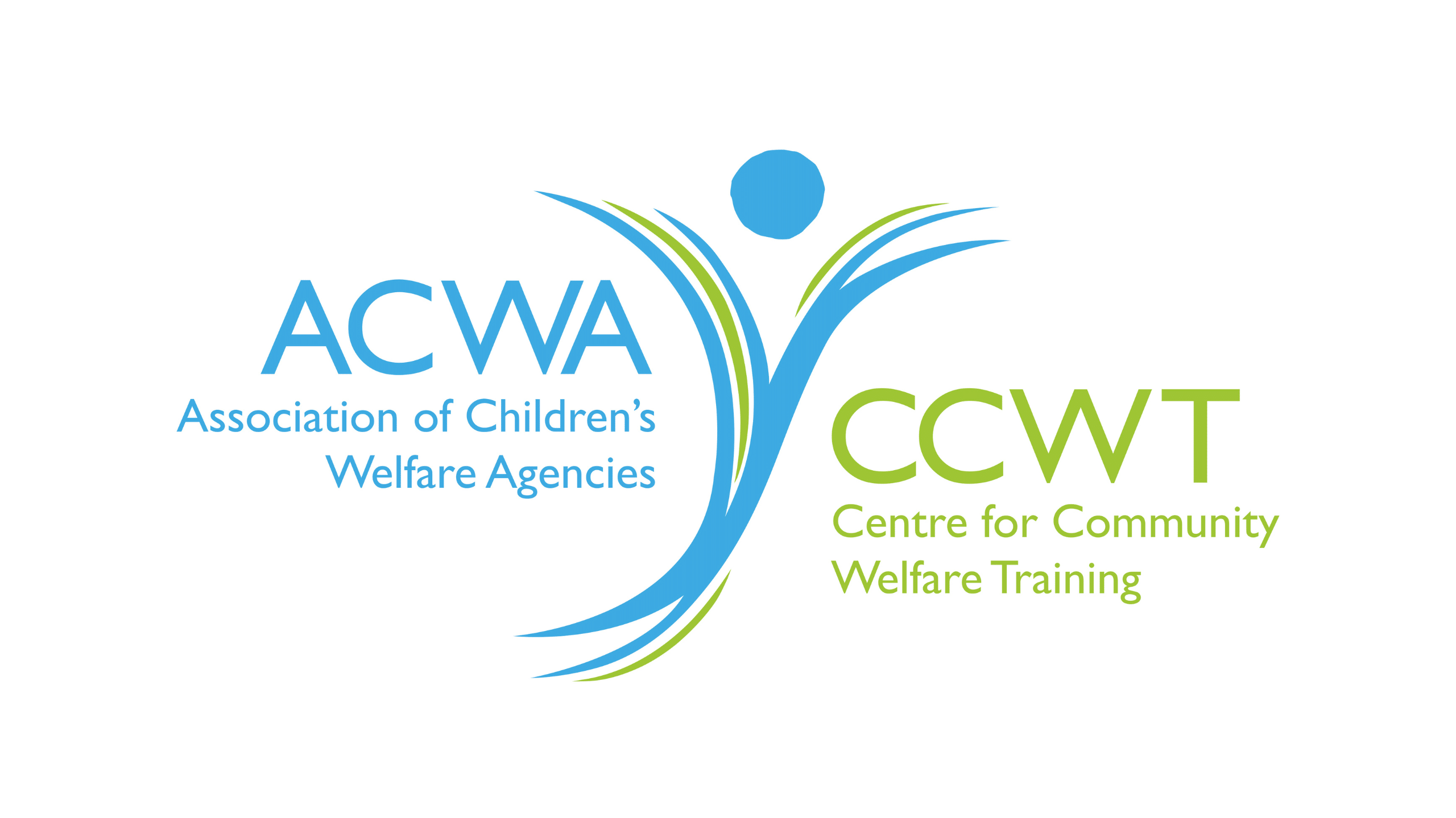
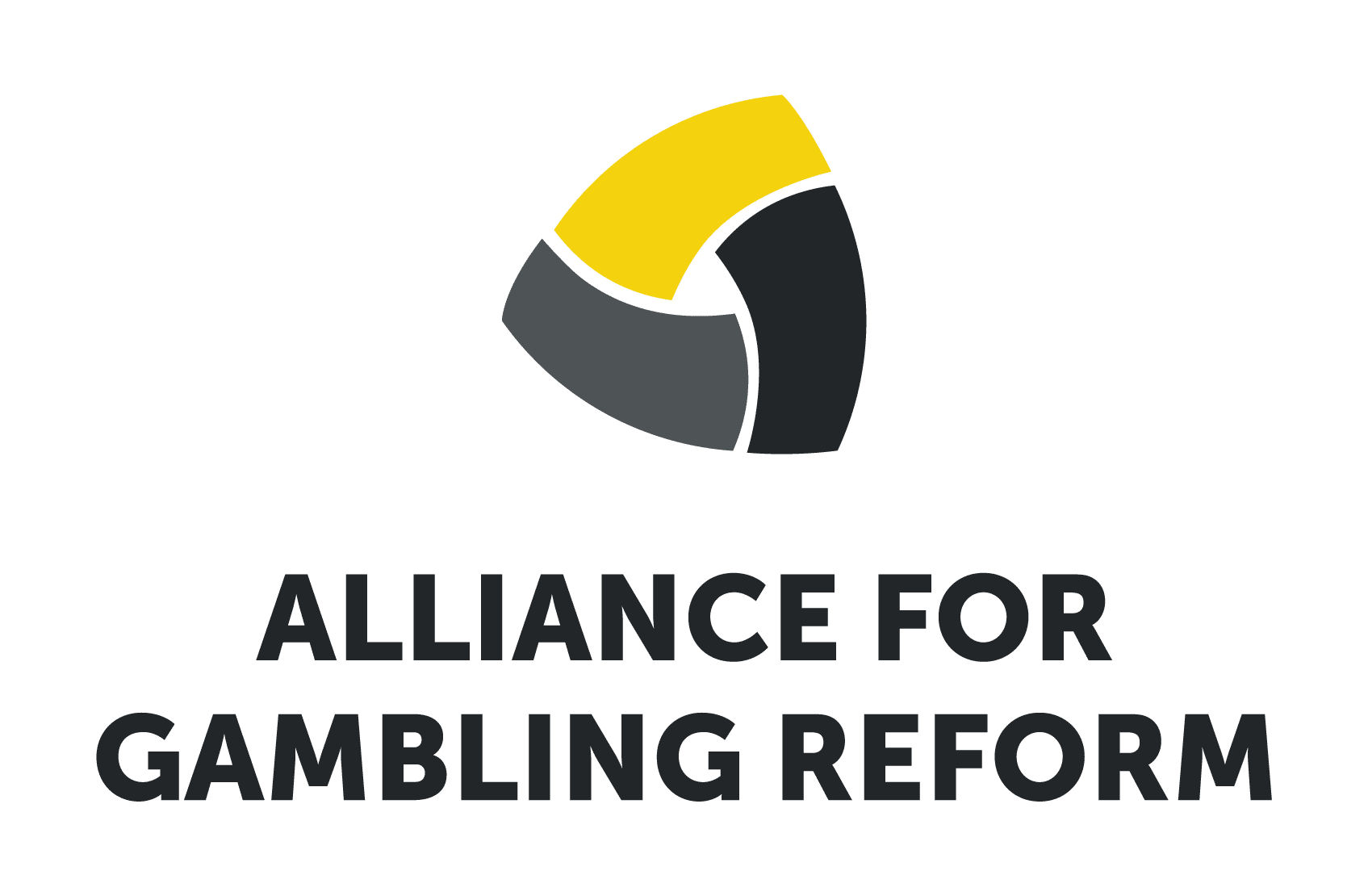
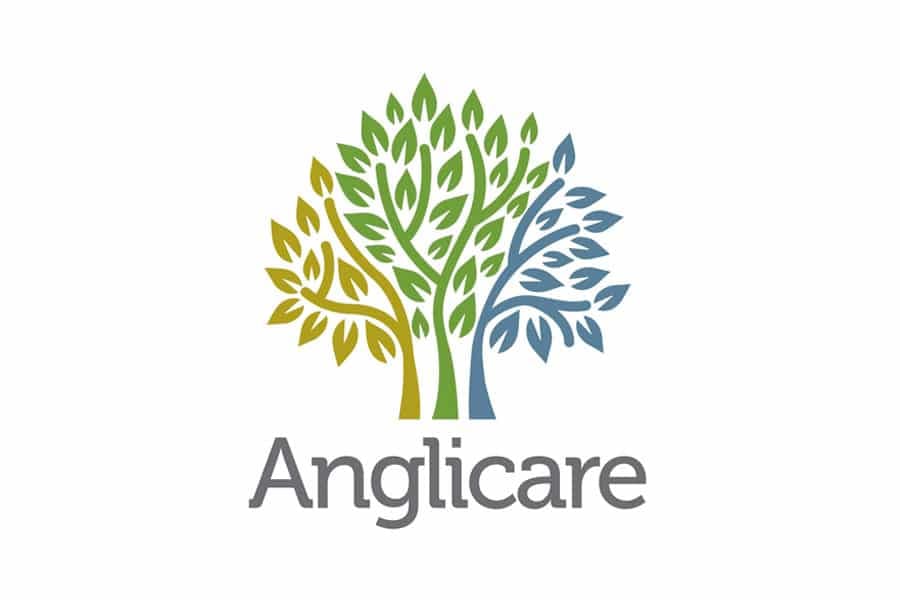
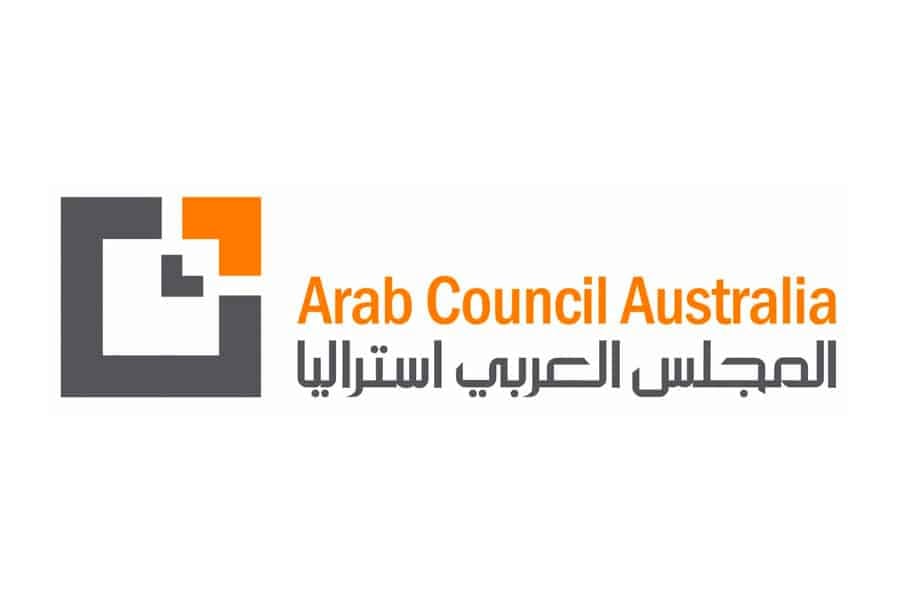
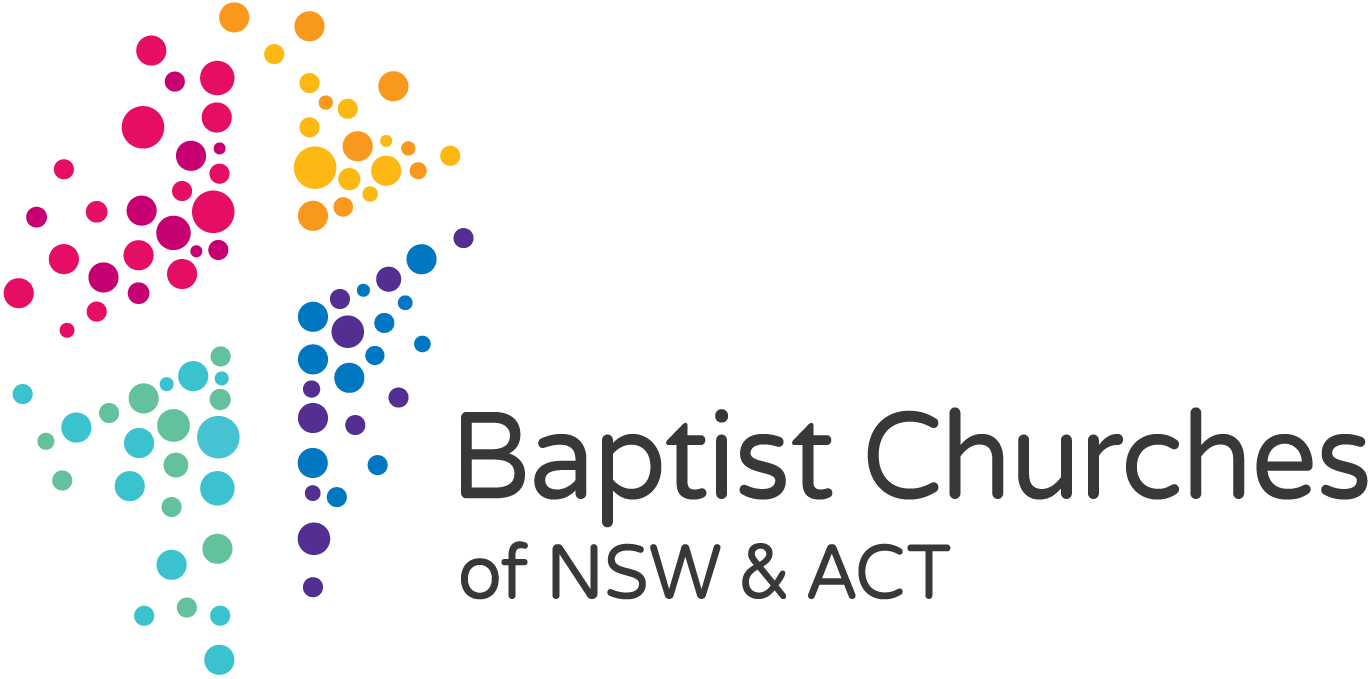

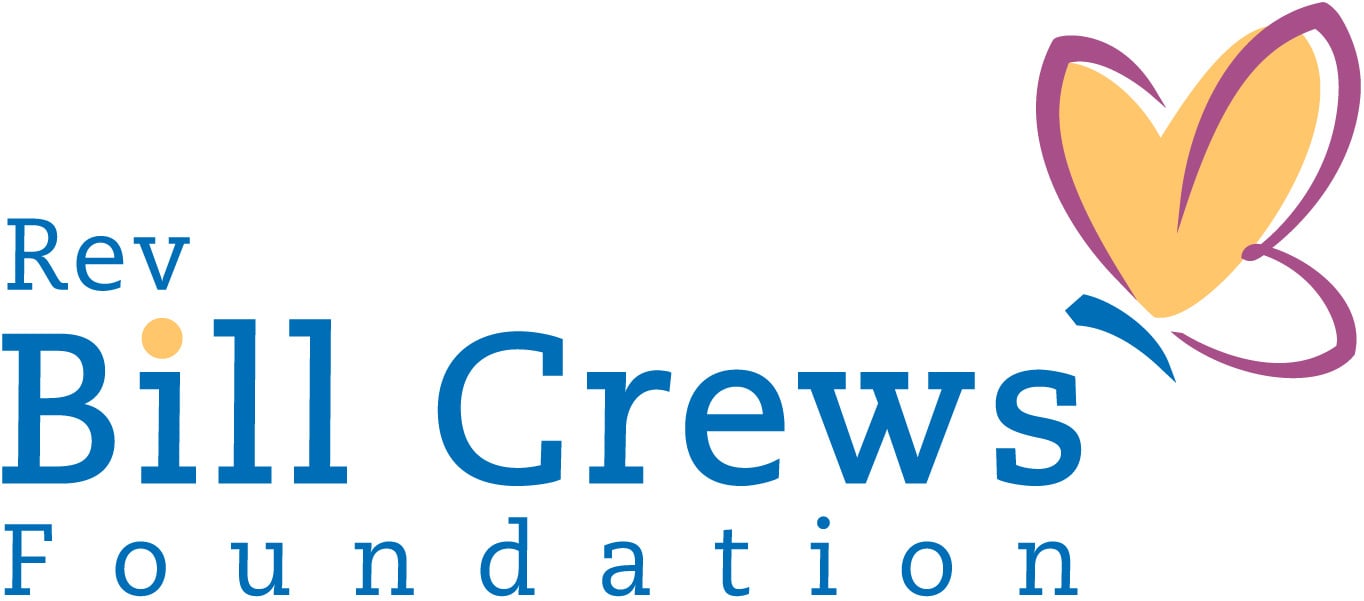
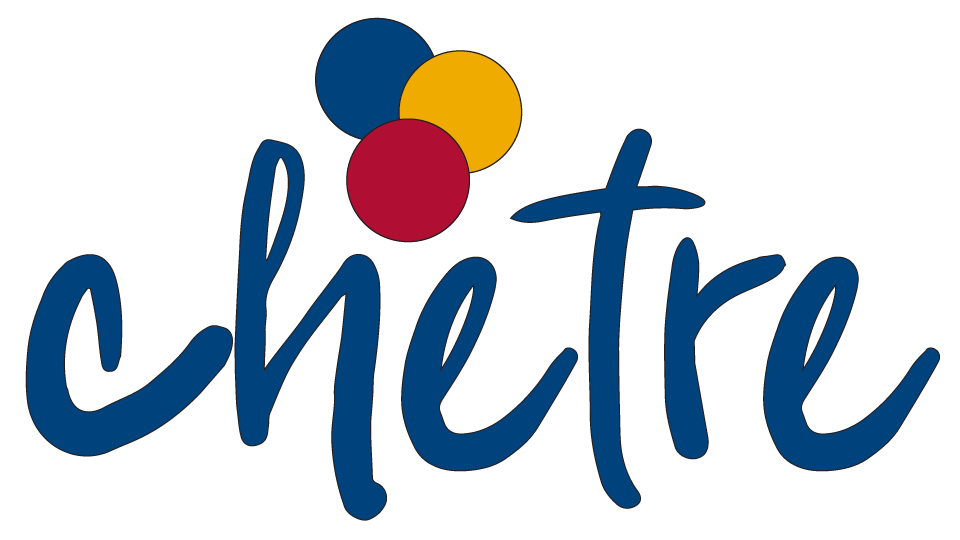
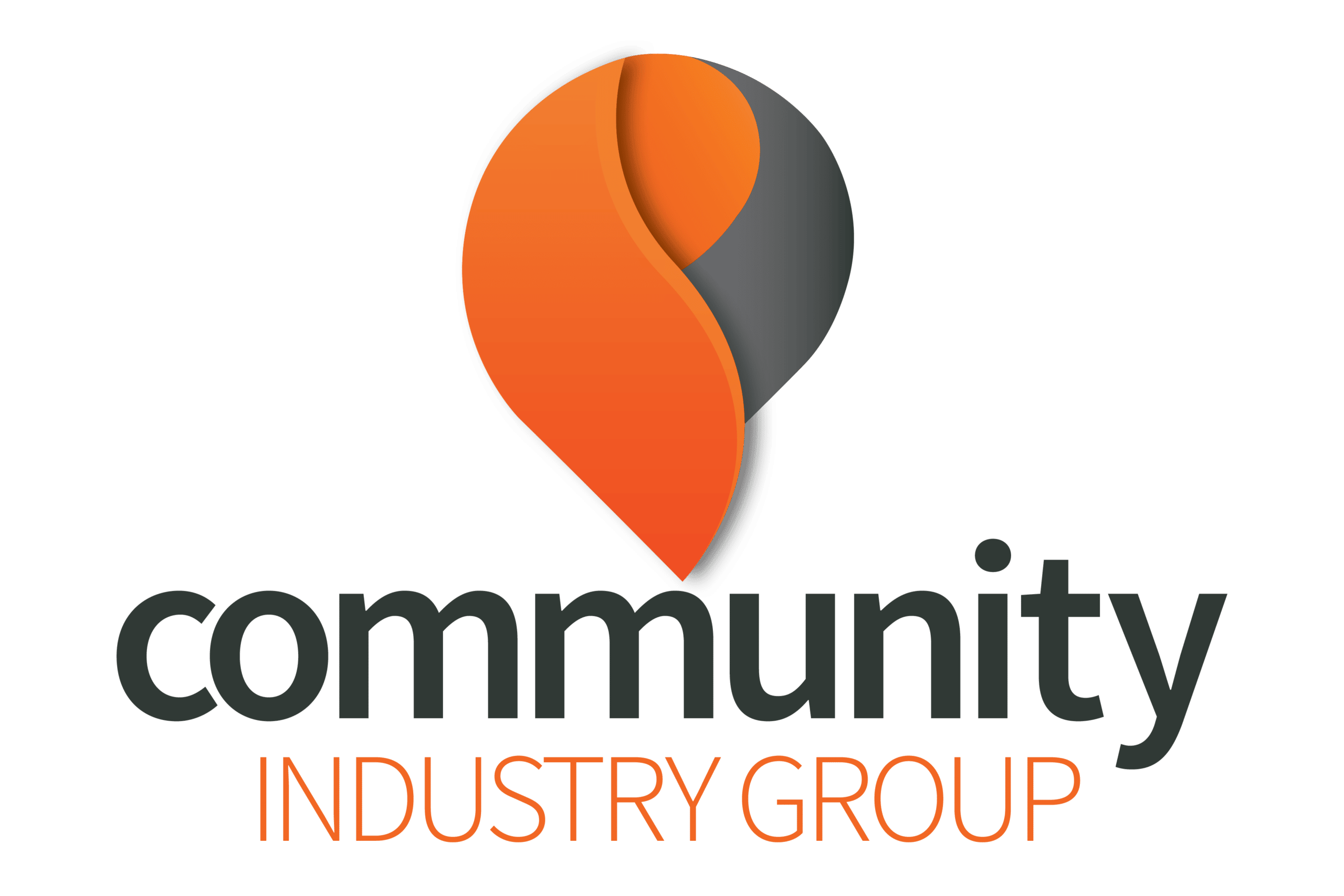
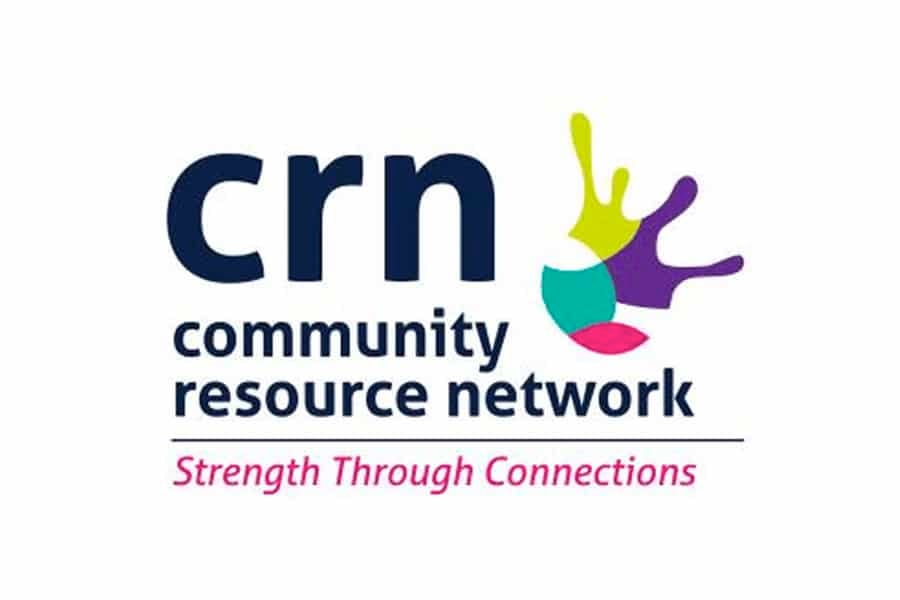

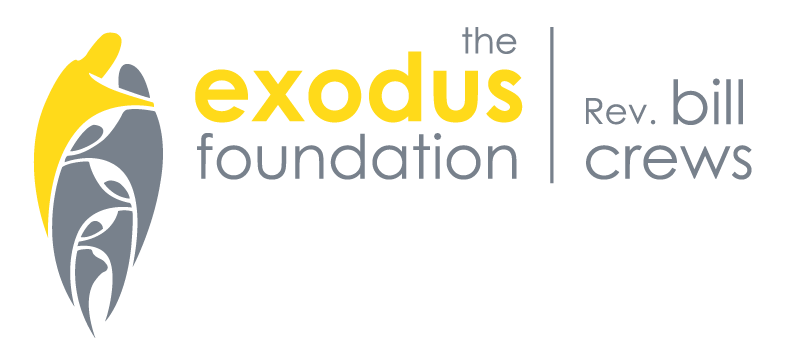

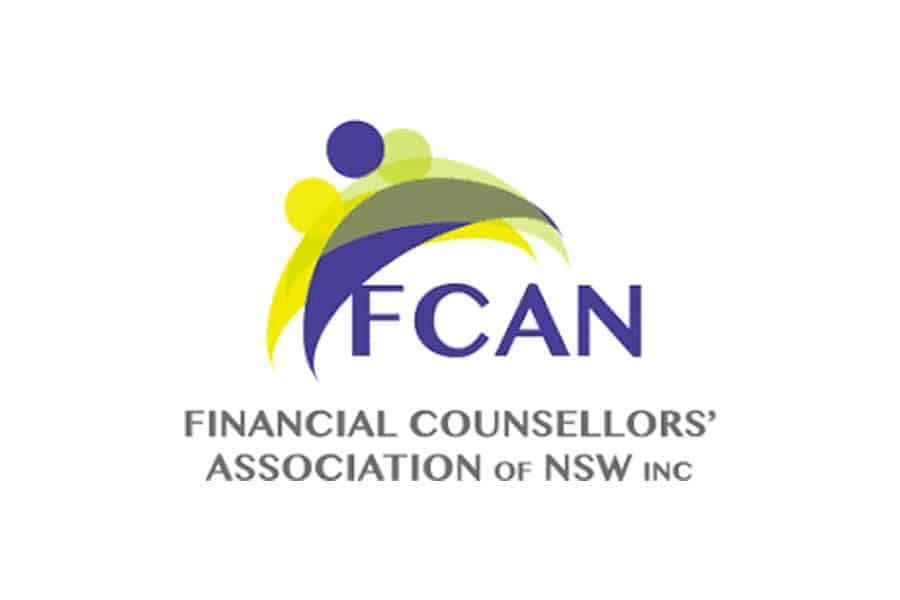
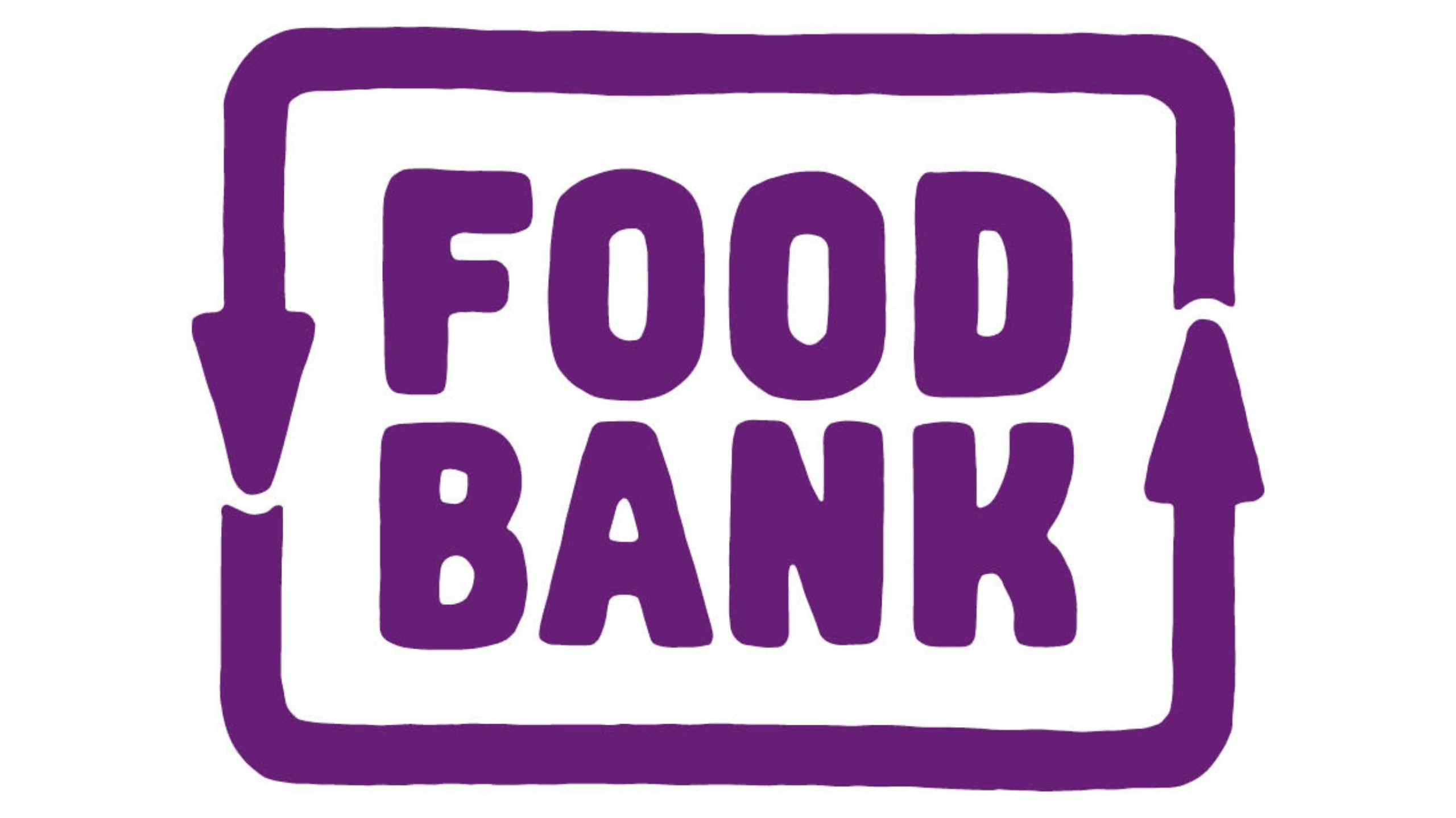
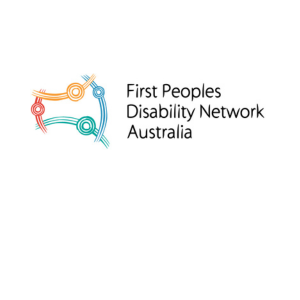
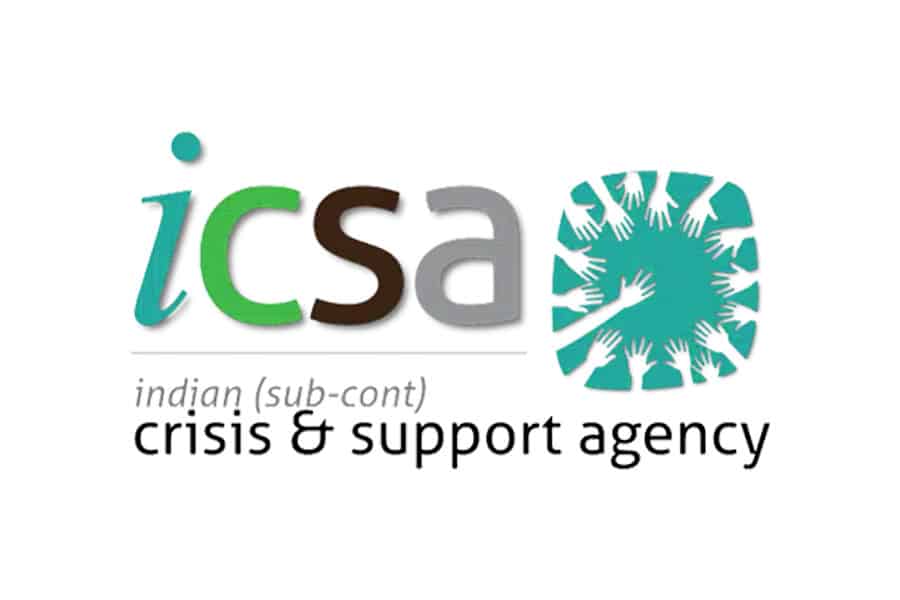
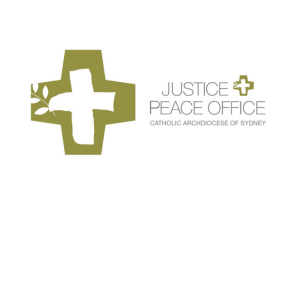
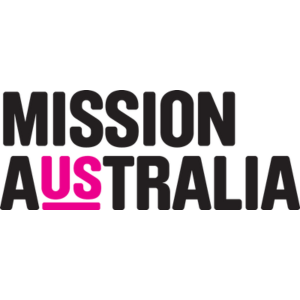

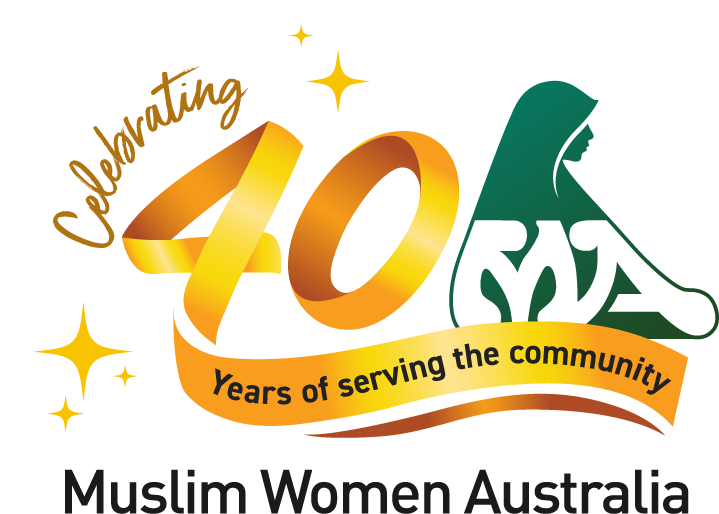
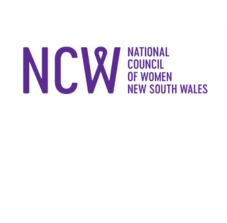
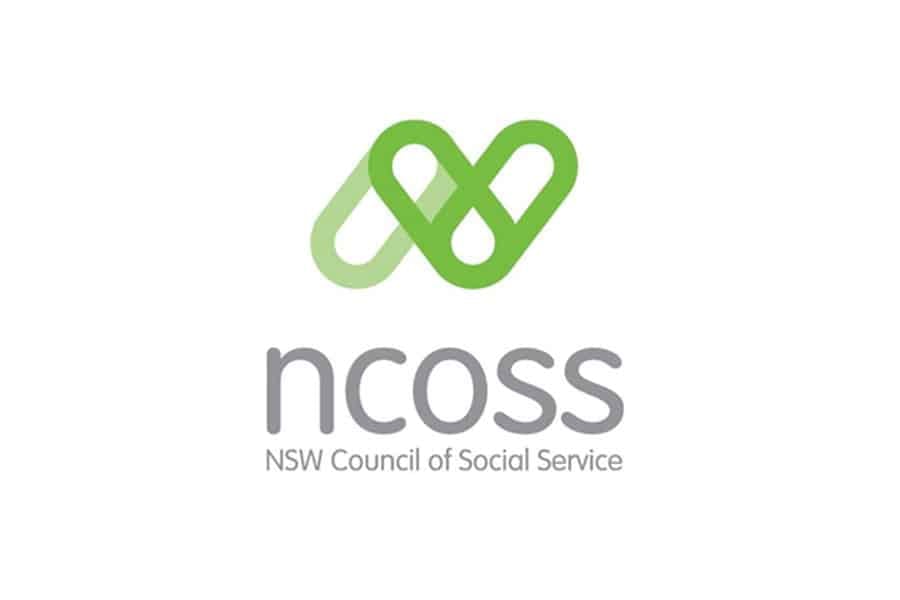
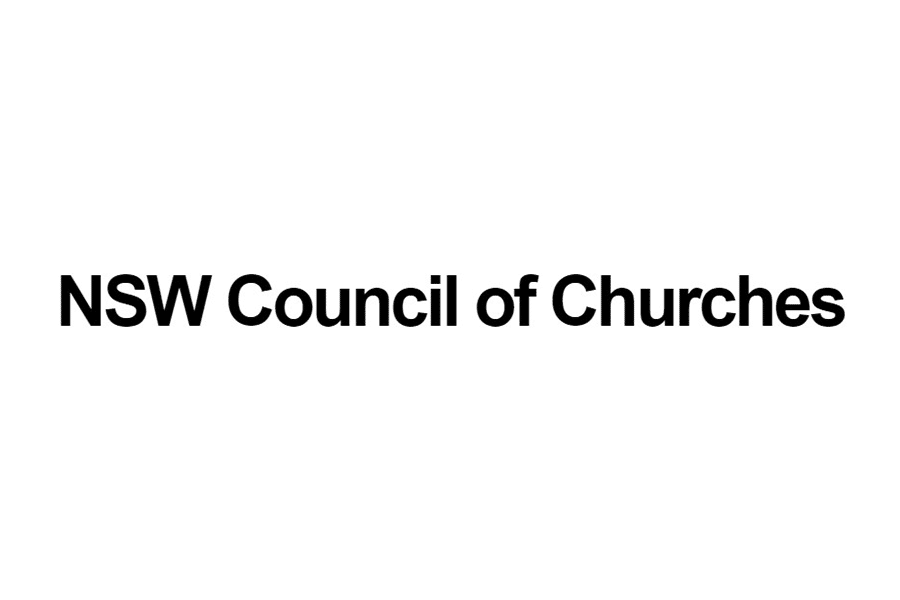
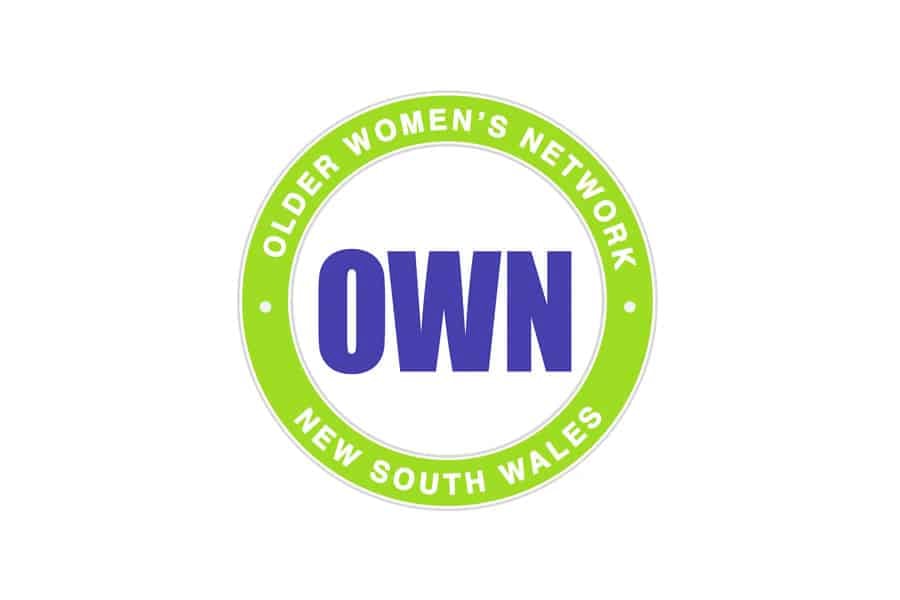
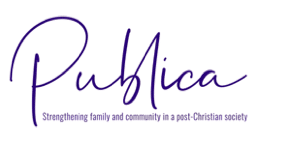
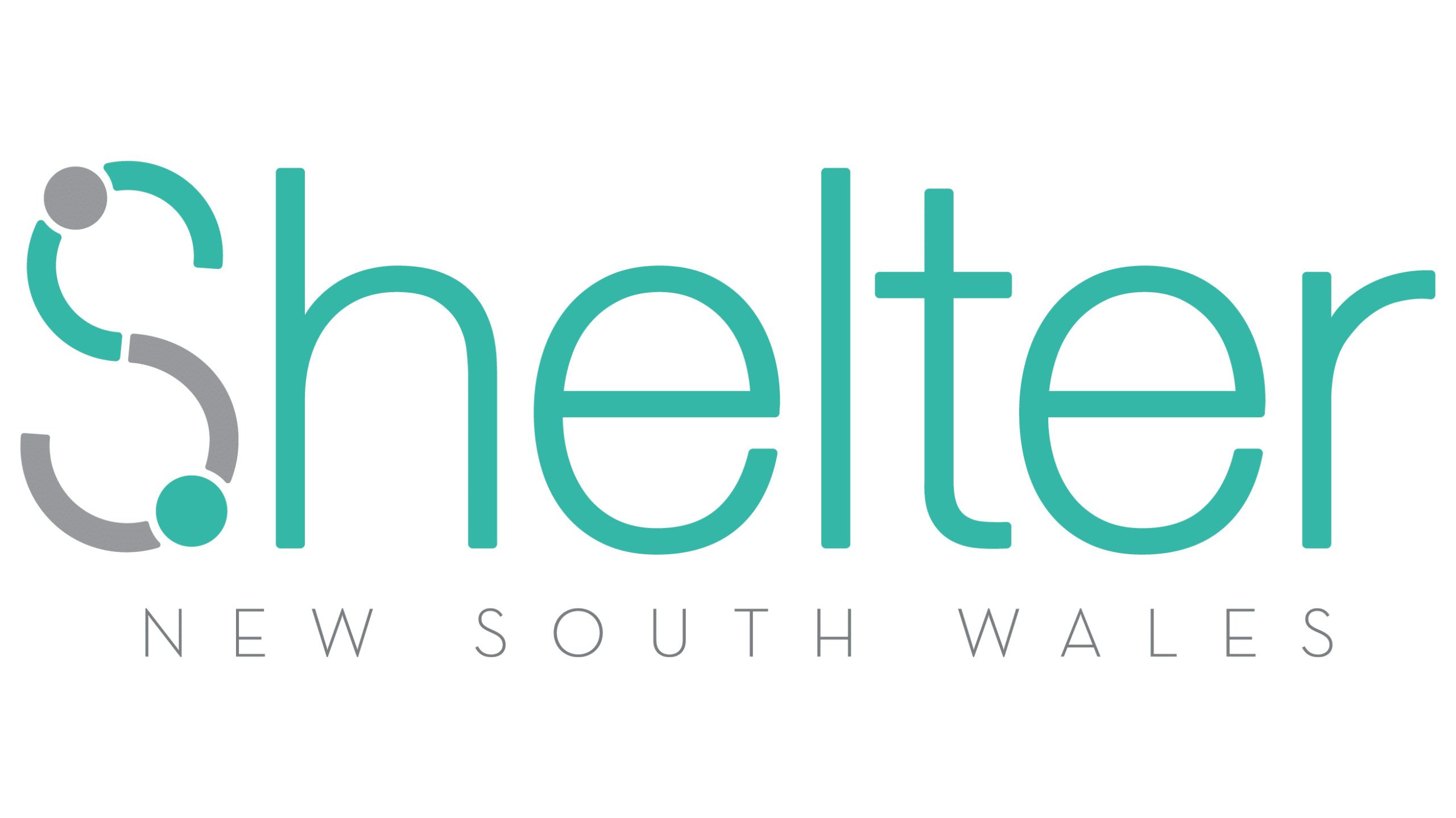
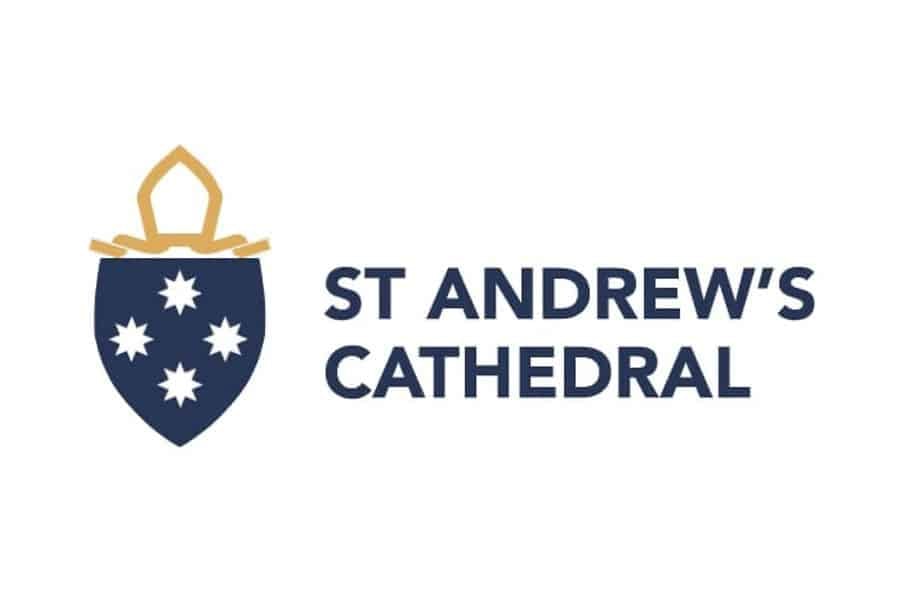

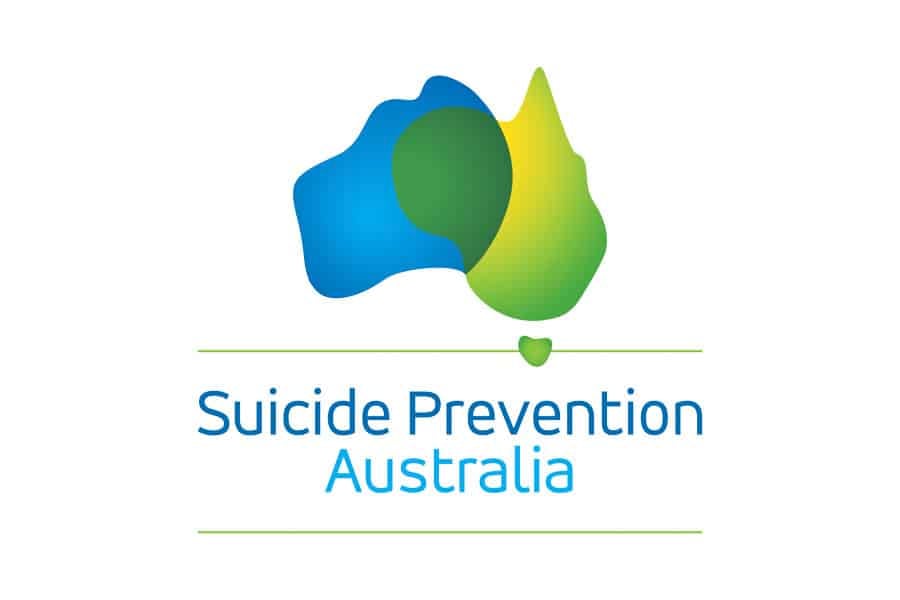
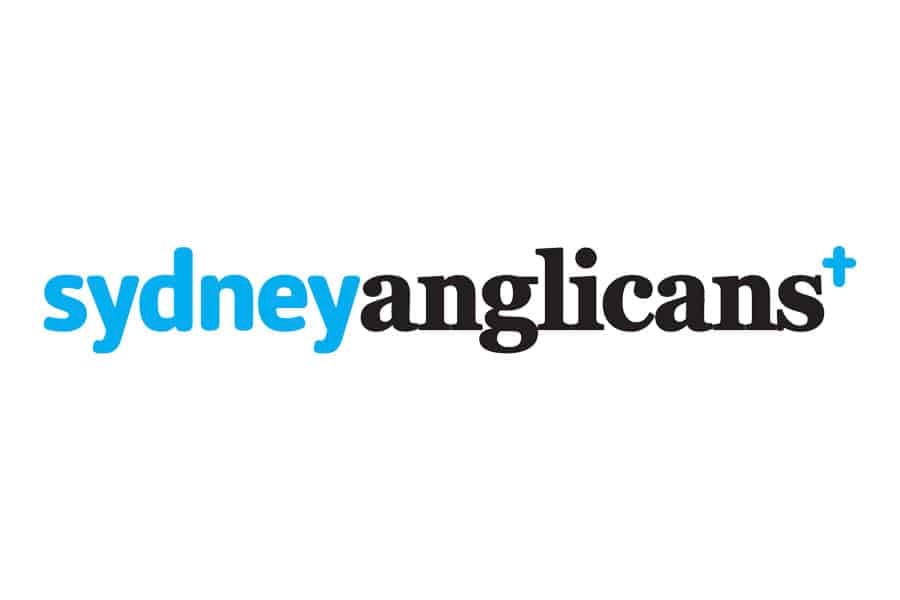
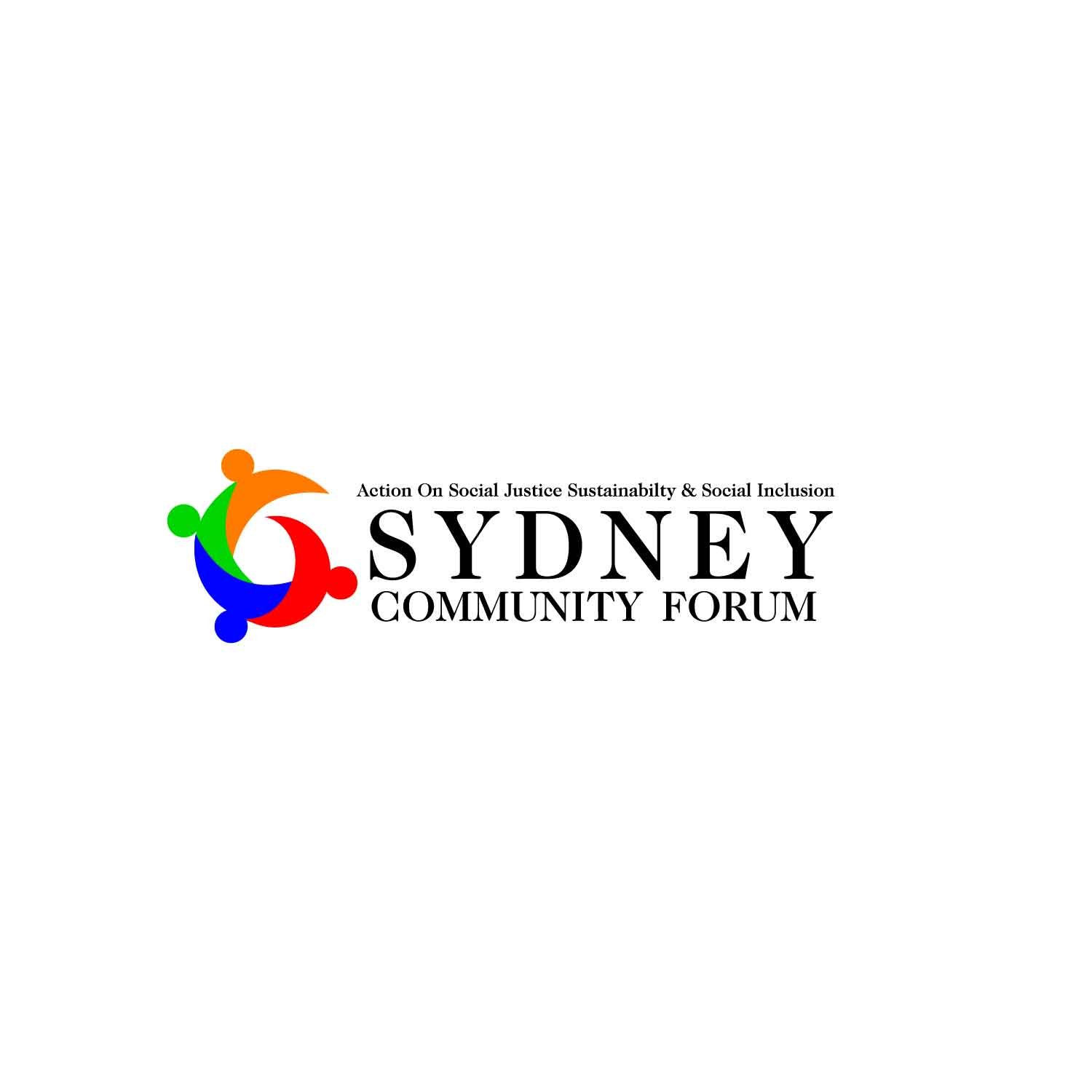
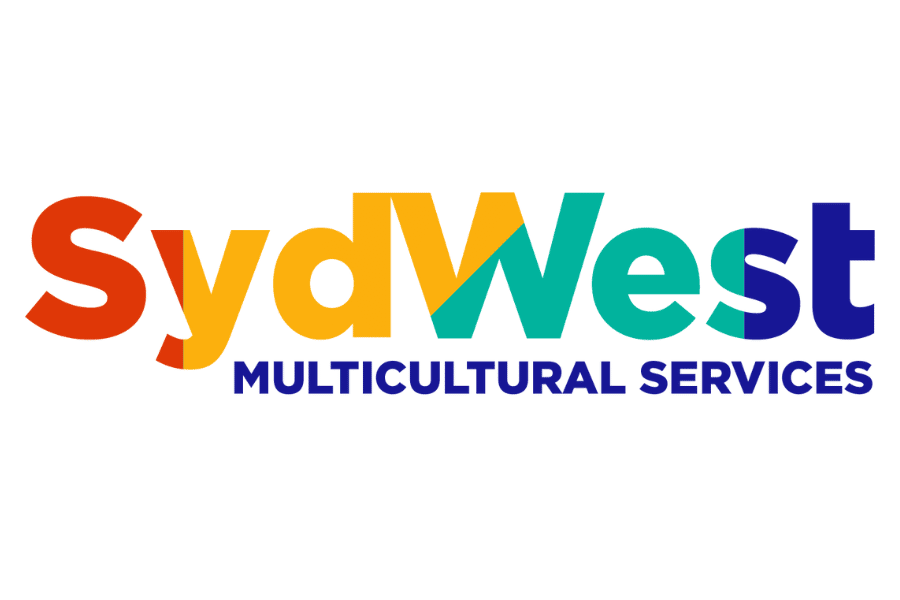
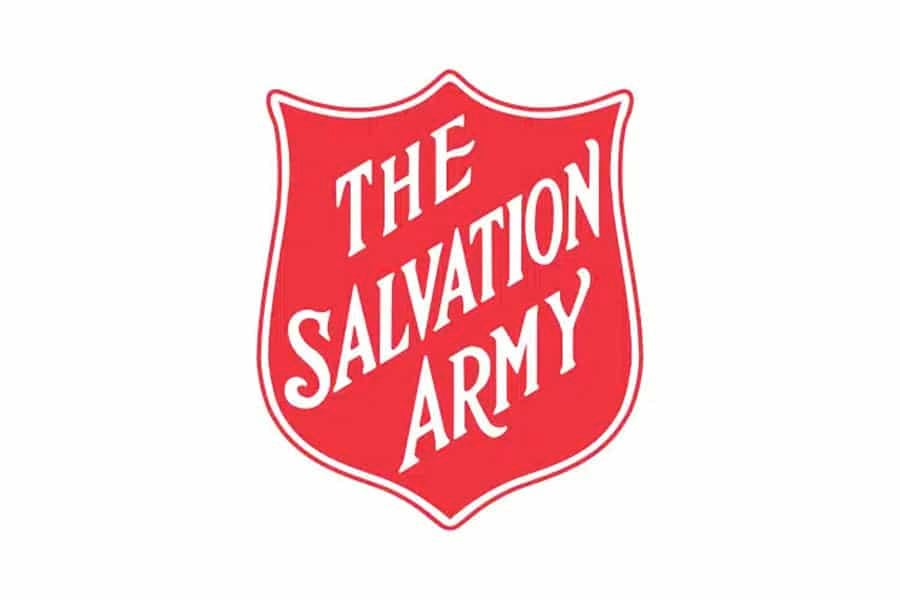
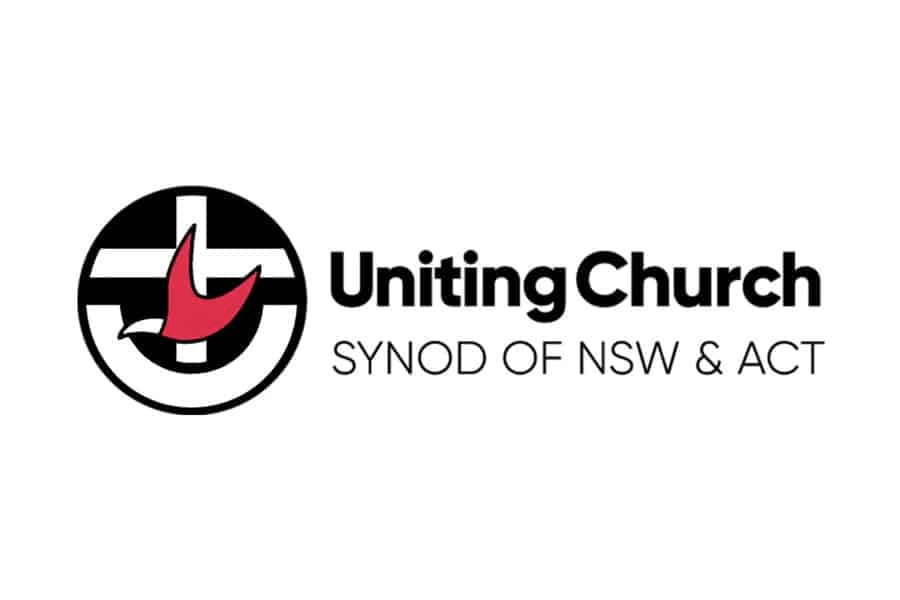

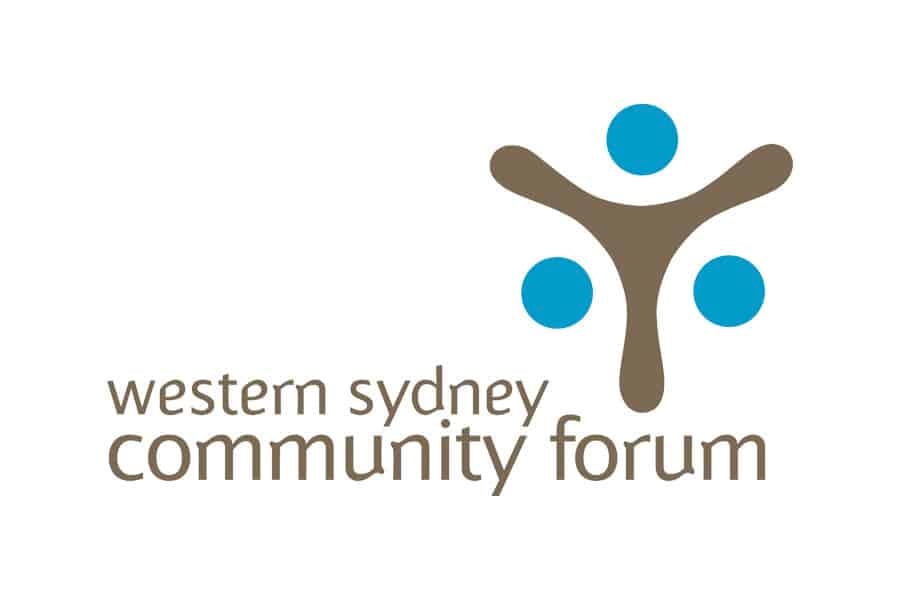
Will you help to put pokies in their place?
In this term of NSW Parliament, we are calling for:
Anne Holt
Mobile 0418 628 342
Email anne.holt@wesleymission.org.au
If you or someone you know is in urgent need of assistance, help is available. Click below to access resources that can provide immediate support.
Authorised by Rev Stu Cameron, Wesley Mission, 220 Pitt Street, Sydney NSW 2000.